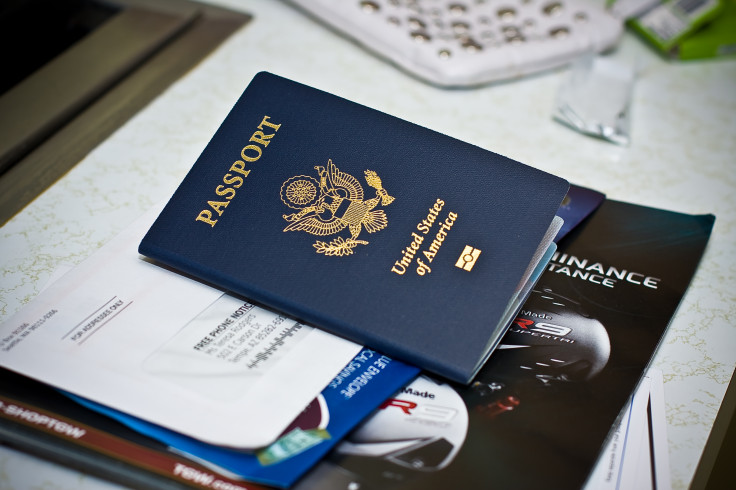
As President Donald Trump vows to "promptly file" to advance restrictions on birthright citizenship after a favorable Supreme Court ruling, a poll from earlier this year showed little support for ending the right.
Concretely, a January poll published by AP-NORC showed that some 3 in 10 American were "somewhat" or "strongly" in favor of changing the Constitution to prevent children being born in the U.S. from getting automatic citizenship if their parents are in the country illegally.
About half of respondents opposed the premise, while the remaining 20% remained neutral, the study added.
The Supreme Court ruled Friday that Trump's plan to end birthright citizenship nationwide may be enforced in some parts of the country, limiting lower-courts' preliminary injunctions.
The 6-to-3 decision, which was written by Justice Amy Coney Barrett and split along ideological lines, is a major victory for Trump, and may dramatically reshape how citizenship is granted in the United States, even if temporarily.
The court gave Trump a significant part of what he wanted: limiting the ability of plaintiffs to seek nationwide orders that temporarily halt the government from enforcing a policy. Those court orders are at the center of the president's monthslong battle with the federal judiciary over his attempts to unilaterally refine the nation's immigration policies, slash government spending and take over independent agencies, CNN noted.
"Federal courts do not exercise general oversight of the executive branch; they resolve cases and controversies consistent with the authority Congress has given them," Barrett, a Trump appointee, wrote for the majority. "When a court concludes that the executive branch has acted unlawfully, the answer is not for the court to exceed its power, too."
With the bombshell decision, the Trump administration will effectively be able to end the practice of extending citizenship to the children of undocumented immigrants born in the U.S. in the 28 states that have not challenged the measure. The details of how the policy would be implemented were not immediately clear.
Writing in the dissenting opinion, Justice Sonia Sotomayor said the majority had "shamefully" played along with the administration's "gamesmanship" in the case, which she described as an attempt to enforce a "patently unconstitutional" policy by not asking the justices to bless the policy, but instead to limit the power of federal judges across the country."
At the center of the case was the 14th Amendment and the question of whether birthright citizenship is enshrined in the Constitution. Judges across the political spectrum largely agree that the Constitution protects this right. However, Trump's executive order, which was blocked by lower courts, seeks to deny that protection.
The 14th Amendment reads: "All persons born or naturalized in the United States and subject to the jurisdiction thereof are citizens of the United States and of the state wherein they reside."
© 2025 Latin Times. All rights reserved. Do not reproduce without permission.





